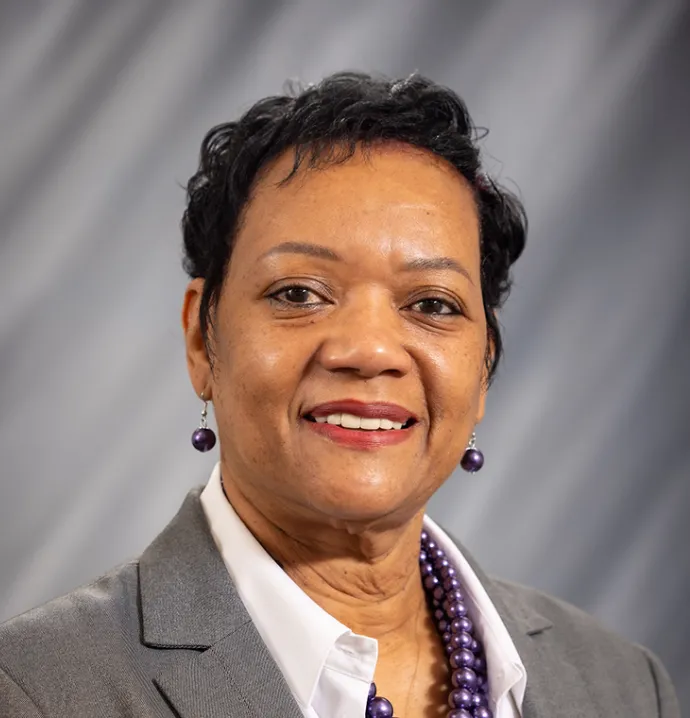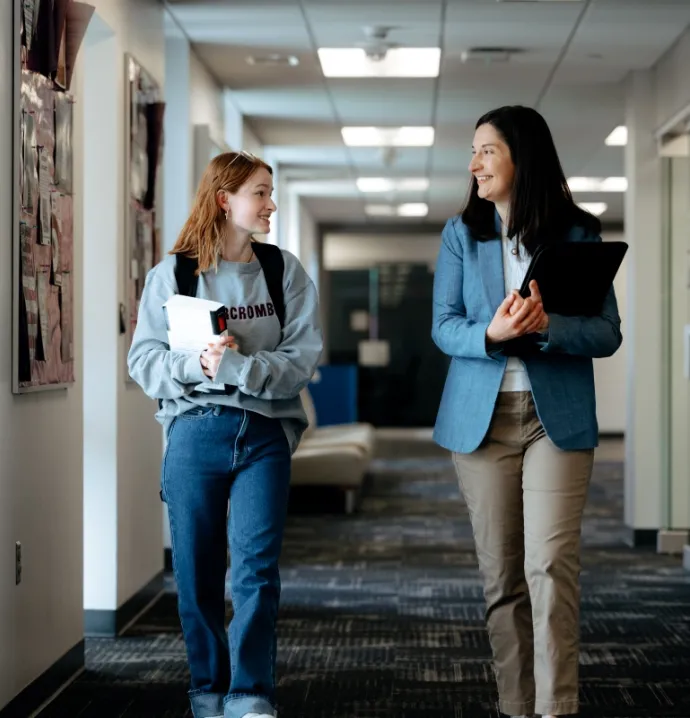A place to thrive: UNI program helps veterans transition to college life
A place to thrive: UNI program helps veterans transition to college life
For Jeremy Rosel, the transition to college life was a bit different than most students.
Instead of dealing with the challenges of leaving home for the first time, he was leaving five years of military service as a combat medic with tours in Iraq and Germany.
It was an abrupt transition. He left the rigid structure of military life to enter the more relaxed atmosphere of a college campus, and he struggled to adapt.
“My first year on campus, I lived by myself and battled depression,” Rosel said. “I got to class, talked to no one and went home - where I talked to no one.”
But towards the end of his freshmen year, Rosel, who graduated from the University of Northern Iowa in 2015 with a degree in history, discovered UNI’s Military and Veteran Student Services (MVSS), an office in the Center for Multicultural Education that serves as a refuge and support center for student veterans and a central hub to access student services.
Discovering the MVSS opened Rosel up to a new world of veterans on campus, providing him an avenue to get involved as a student and an outlet for venting frustrations about adjusting to civilian life.
“Coming to a university is quite a shock to the system,” Rosel, who now works as a veterans career planner for Iowa Workforce Development in Waterloo, said “We’re accustomed to waking up at 4 or 5 in the morning to do physical training and then report to a job and do that all day. And then suddenly all that’s over and you find yourself at a university campus where that’s not the case anymore. Classes start at 8, but if you decide not to go, no one’s going to hunt you down and drag you to class.
“It is great to have a place to go where everyone knows your name and you’re able to not feel like you’re the only veteran at UNI. You can talk war stories or boot camp stories and have a good laugh and reminisce about something no one else will understand, and you leave there feeling better and you make it through another day.”
Rosel is far from the only student veteran to benefit from the Military and Veteran Student Services (MVSS). Today, almost 200 veterans are studying at UNI, and their advisor and advocate is Chiquita Loveless, associate director of MVSS.
“Chiquita is a wonderful leader and makes sure that everyone is well taken care of and assists students if they are struggling with a professor or class,” said Austin Wood, a freshman who served as a Corporal in the Marine Corps from 2010-2014. “During my time there I felt welcomed and accepted right away, and they also provide the availability to talk to VA reps and other services to help veterans in need of any category.”
Loveless came to UNI after serving 23 years in the Navy, where she rose to the rank of Chief Warrant Officer. As a leader amongst veterans on campus, she serves as an ally and advisor to student veterans.
Loveless’ work, along with her predecessors in the Veteran Center, has helped UNI be selected by G.I. Jobs Magazine as a Military Friendly School, an honor placing the university in the top 20% of colleges, universities and trade schools in the country that are doing the most to embrace military service members, veterans, spouses, and dependents as students to ensure their success on campus. UNI has also been listed among U.S. News & World Report's top College for Veterans. In addition, UNI was given a bronze ranking by Military Friendly, the longest-running review of college and university investments in serving military and veteran students.
“I try to make MVSS and the Veteran Center a one-stop shop,” Loveless said. “Everything a student needs I want to try and have it readily available, so if I can’t help you then I will find someone who has the resources which are needed.” Come to the veteran’s center and let's get you squared away.”
This can mean finding tutors, providing assistance to veterans with learning disabilities or helping a veteran apply for Veteran Affairs benefits. Loveless’ husband, Yolando, is the director of Black Hawk County Veteran Affairs and has been an ally in helping UNI veterans access and receive their veteran benefits.
But Loveless’ role can move beyond the classroom and even the campus. It can mean being available, at all hours of the day and night, to speak to UNI veterans or their spouses and family members, providing an open door and a sympathetic ear when a veteran feels overwhelmed.
“Some fall into depression and I deal with that a lot,” Loveless said. “It’s where I say, ‘you’ve been wearing the same clothes for a whole week, what’s going on?’ I do at times coddle them when needed, but I’m harder on them as well to make them understand: We’ve done the hard job, now let’s get to a place where you can go and succeed in the civilian sector.”
Beyond helping veterans who visit the office, MVSS also reaches out to the campus community and veteran organizations. The veteran students hosts two annual events, the Military Ball, which gives non-veterans a glimpse into military traditions and promotes veteran camaraderie, and the PTSD conference, which tackles issues and dispels myths about PTSD.
The office also provides Green Zone Training to help faculty, students and staff understand UNI’s veteran population.
“We talk about things you need to know in regard to veterans,” Loveless said. “Loud noises may affect them, a student may not want to sit by the door or by windows. Be mindful of what you say because you may have people that have served this nation and they may have lost a friend or loved one and may have also lived the subject you are discussing.”
The office maintains a connection with veterans by celebrating birthdays and holidays together. They have barbecues and volunteer in the community, including helping with Mercy One’s Festival of Trees and the Homeless Stand Down, which helps people who are homeless or near-homeless transition to community living by providing access to human service agencies.
But through it all, MVSS remains a treasured place for veteran students, a place to co-exist with fellow service members and take comfort in shared experiences and struggles.
“Above all else though, the MVSS has been my place of refuge,” said Douglas Cooper, the president of the University of Northern Iowa Veterans Association who served in the Air Force as a Security Forces Officer from 2010 to 2014. “It gives me a way to serve again by assisting fellow veterans. It also helped me make friendships with other veterans on campus, friendships I'm not sure I would otherwise have.
“It has truly helped me to have a great college experience. Without them, I would have had no interaction or involvement with UNI other than attending classes. But because of the veteran services here, I have had a richer and more fulfilling experience that I otherwise wouldn't have.”




